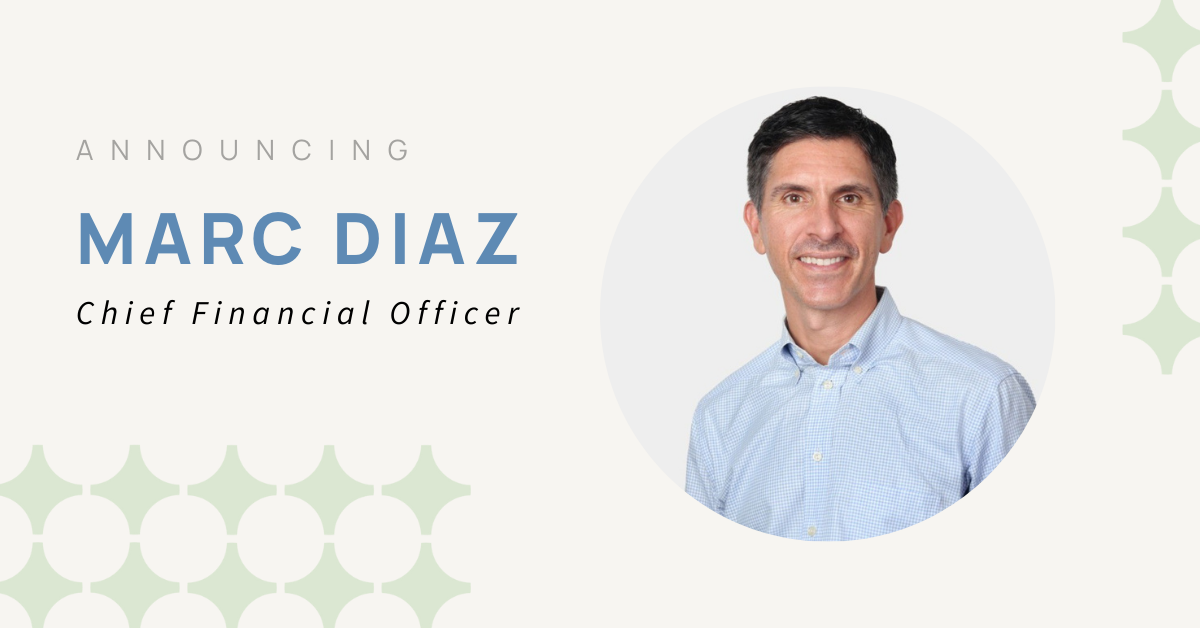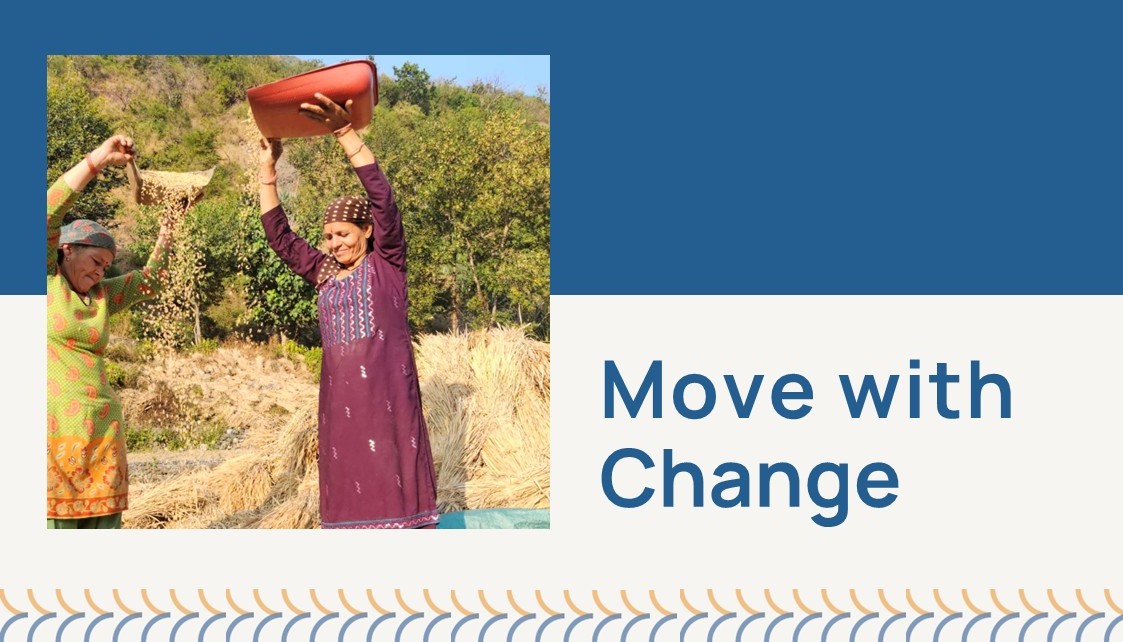Before joining RSF Social Finance’s leadership team two years ago, I spent fifteen years leading Social Venture Network, a community of mission-driven entrepreneurs and impact investors. During that time, I got to know hundreds of social entrepreneurs who had launched companies and nonprofits that were tackling some of our most pressing social and environmental challenges.
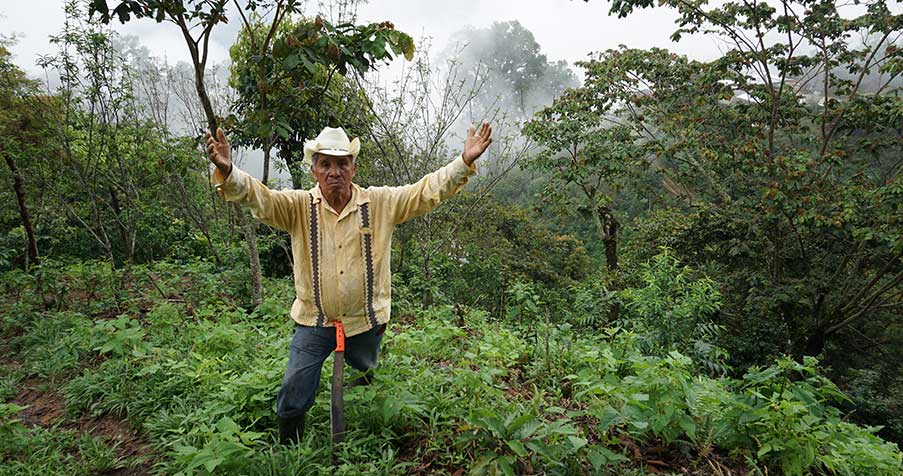
The problem was that the most groundbreaking solutions often weren’t acknowledged, supported, or funded. Social enterprise models are less familiar than conventional ones to funders of all types. A lot of early-stage investors—even in the impact sector—are taught to seek hockey-stick growth, typically seen in tech pitches. But social entrepreneurs think about growth as a way to serve their mission, not as an end in itself. They may intend to remain rooted in a community and serve to inspire others rather than pursue rapid expansion. Or they may need a longer runway to build a sustainable supply chain, or they may face unconscious bias as a woman or a person of color. As a result, the most innovative enterprises that challenge the status quo are usually considered “unbankable” and can’t raise capital from conventional funders.
These are the challenges a growing number of funders—investors, philanthropists, foundations, and lenders—are working to address. While the dominant investment model remains a compartmentalized world where investors are expected to make as much money as possible over a short time, and philanthropists are expected to solve the problems that government and businesses don’t address, a growing number of funders are taking an approach that crosses old boundaries.
At RSF, in partnership with our community of donors, we’ve launched five Collaboratives to address this funding challenge by providing diverse forms of capital to social enterprises when they need it most: after they’ve proven their model works, but before they’re large enough to attract capital from conventional funders.
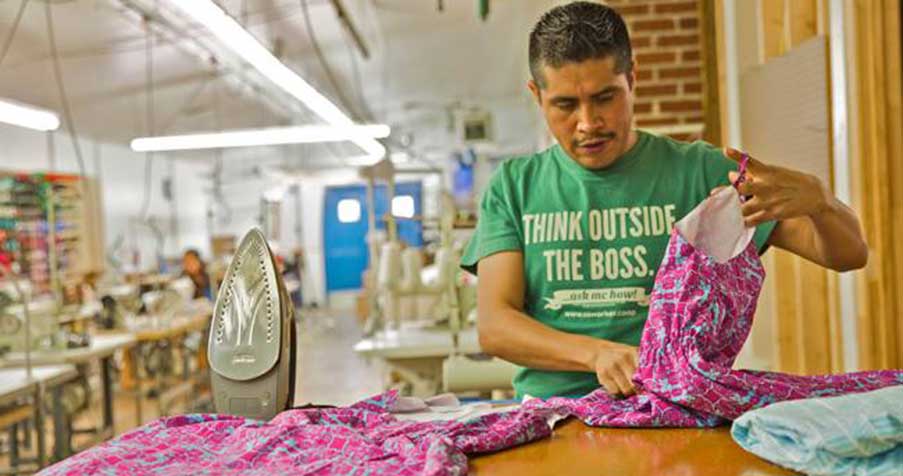
The focus for each Collaborative is based on the needs our community identified and how capital can be most catalytic in sparking positive change. The Biodynamics Capital Collaborative and the Soil Health Capital Collaborative grew out of regenerative agriculture advocates’ search for effective ecological solutions that go beyond organic. The Local Food Capital Collaborative supports social entrepreneurs who are building a local, just, and sustainable food movement and offering viable alternatives to the current global food system.
The Fair Trade Capital Collaborative supports the development of fair trade and organic, high-integrity supply chains. The Women’s Capital Collaborative supports diverse, women-led social enterprises that serve and empower women and girls.
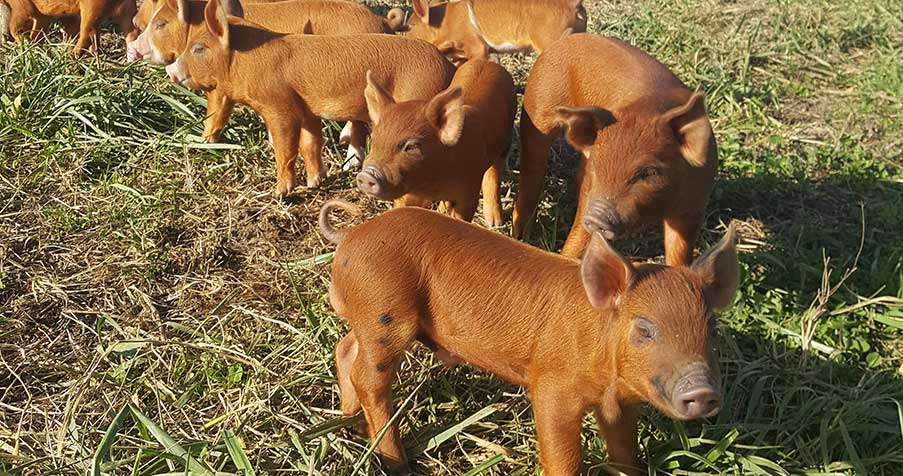
The Collaboratives are philanthropic initiatives. Because the money is gifted to RSF, the Collaboratives can fund earlier stage, higher risk social enterprises. We assess the mission alignment and financial sustainability of the enterprise and then provide loans, loan guarantees, investments, or grants, depending on the needs of the enterprises. We can also provide human and social capital in the form of advice, connections to co-funders, and access to networks and trainings. We recycle about two-thirds of the capital back into the Collaboratives, so we can support more social enterprises.

Our most recently launched initiative, the Women’s Capital Collaborative, is funded by gifts from women donors. One donor kicked off the fund with a $1 million matching commitment, a mother-daughter pair each donated $500,000, and a new donor contributed another $500,000. Over the past six months, we’ve deployed over $1 million to support 17 groundbreaking women-led social enterprises that provide opportunities for women and girls around the world. We’re working with other funders and partners to raise awareness about unconscious bias and the crucial need to flow more capital to diverse women leaders and entrepreneurs.

Our goal is to leverage different forms of financial and human capital from philanthropic funds to create a multiplier effect and flow more resources to innovative enterprises that can’t attract capital from conventional funders. As more funders use their money courageously, whether gift or investment, and work in partnership with other changemakers, we can work with them to begin to fill the funding gap for social entrepreneurs who are creating a regenerative and inclusive economy.
Deb Nelson is former vice president of client and community engagement at RSF.
